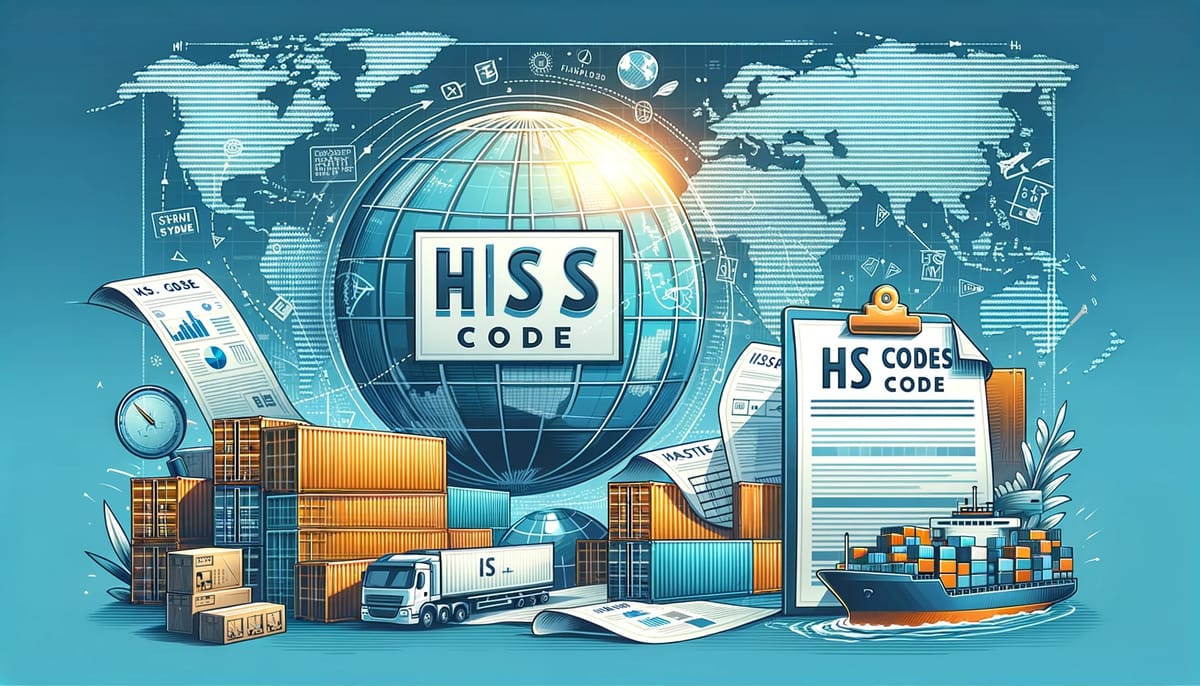Understanding HS Codes: A Guide for International Trade
Explore our in-depth guide on HS Codes to navigate international trade effortlessly. Learn how to find and use HS Codes for customs clearance, tariff determination, and trade compliance. Essential reading for global traders and businesses.

Introduction
In the complex world of international trade, understanding HS Codes is crucial for businesses of all sizes. This blog post aims to demystify what HS Codes are, how you can find the HS Code for your product, and why it's essential for your business.
What is an HS Code?
HS Code stands for Harmonized System Code. It's a standardized numerical method of classifying traded products developed by the World Customs Organization (WCO). These codes are used by customs authorities around the world to identify products when assessing duties and taxes and for gathering statistics.
Why is the HS Code Important?
-
Customs Clearance: HS Codes are critical for customs clearance in both the exporting and importing countries. Without the correct HS Code, your product might face delays or even rejection at the border.
-
Determining Tariffs: Different products have different tariff rates. The HS Code helps determine the applicable tariff and tax rates for your product.
-
International Trade Compliance: Using the correct HS Code ensures compliance with local and international trade laws, avoiding penalties and fines.
-
Trade Statistics: HS Codes help in tracking the global movement of goods, aiding in economic analysis and decision-making.
How to Find the HS Code for Your Product
-
Product Description: Begin with a detailed description of your product. The more specific, the better.
-
Consult the HS Code Directory: Many countries have online directories or databases where you can search for HS Codes. For example, the US International Trade Commission maintains an HTS Online Reference Tool.
-
Use Online HS Code Finder Tools: There are various online tools available where you can input your product description and find the corresponding HS Code.
-
Seek Expert Advice: If you're unsure, it's always a good idea to consult with a customs broker or a trade compliance expert.
Conclusion
Understanding and using the correct HS Code is not just a regulatory requirement but also a strategic business practice. It ensures smooth customs clearance, proper tariff application, and compliance with international trade laws. Taking the time to accurately classify your products can save you from costly delays and legal issues. Stay informed, stay compliant, and ensure your international trade processes are as efficient as possible.
